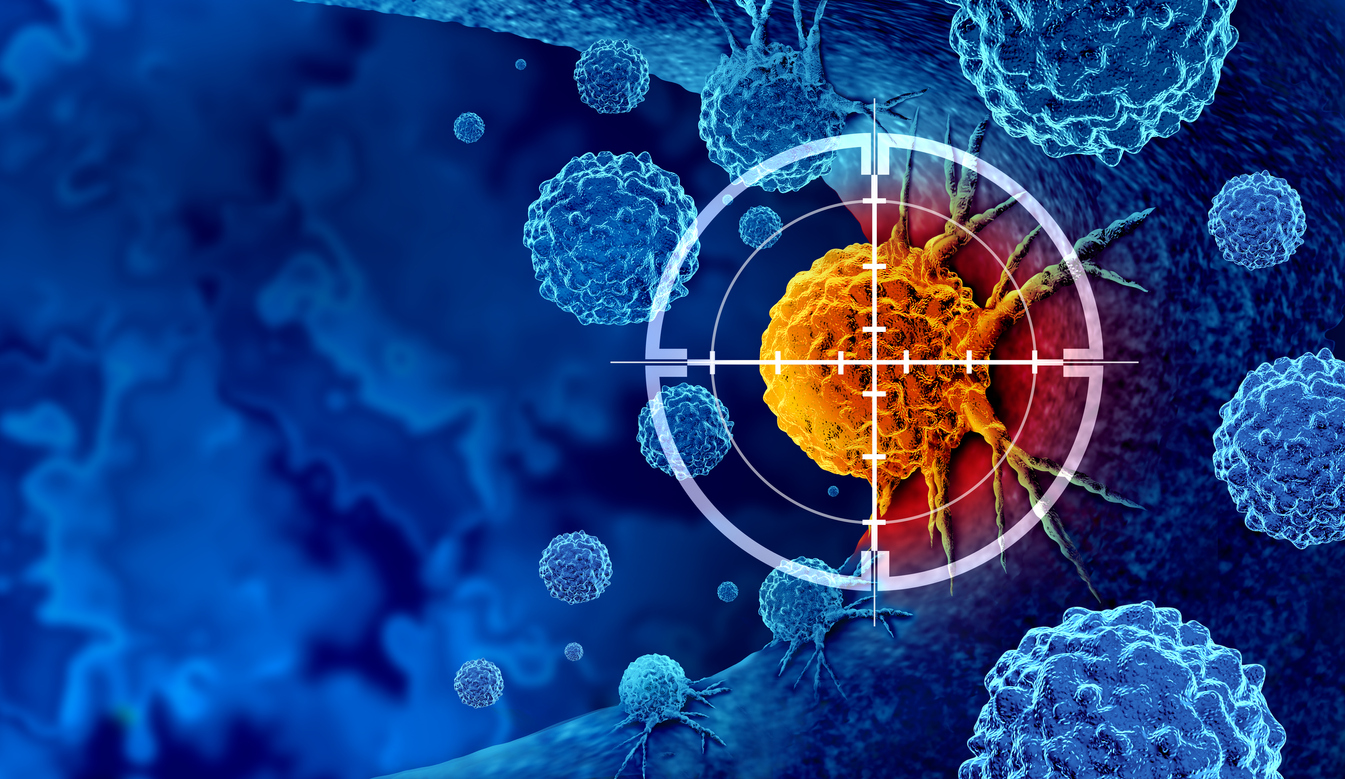2024-02-13
Improving the efficacy of cancer immunotherapy
Allergology and Immunology
The efficacy of anti-cancer treatments, including immunotherapy, is limited by chronic tumorigenesis induced by inflammation and toxicity of the tumor microenvironment. By reducing inflammation in the tumor microenvironment, it may be possible to enhance the activity of immune checkpoint inhibitors. In this study, the researchers showed that anti-cancer immunotherapies induced the expression of soluble epoxide hydrolase in several mouse models of cancer. Supplementation with omega-3 polyunsaturated fatty acids and/or pharmacological inhibition of this enzyme could significantly improve the antitumor activity of immunotherapy. By modulating inflammation in the tumor microenvironment through drugs or dietary supplementation, it may be possible to enhance the activity of cancer immunotherapies.

Last press reviews
Cold at home: an underestimated risk

By Ana Espino | Published on December 17, 2025 | 3 min read
Dark chocolate: guilty pleasure or a renal ally?

By Ana Espino | Published on December 16, 2025 | 3 min read<br>...
A post-exercise infrared sauna session: a booster for neuromuscular recovery or just comfort?

By Lila Rouland | Published on December 15, 2025 | 3 min read<br>